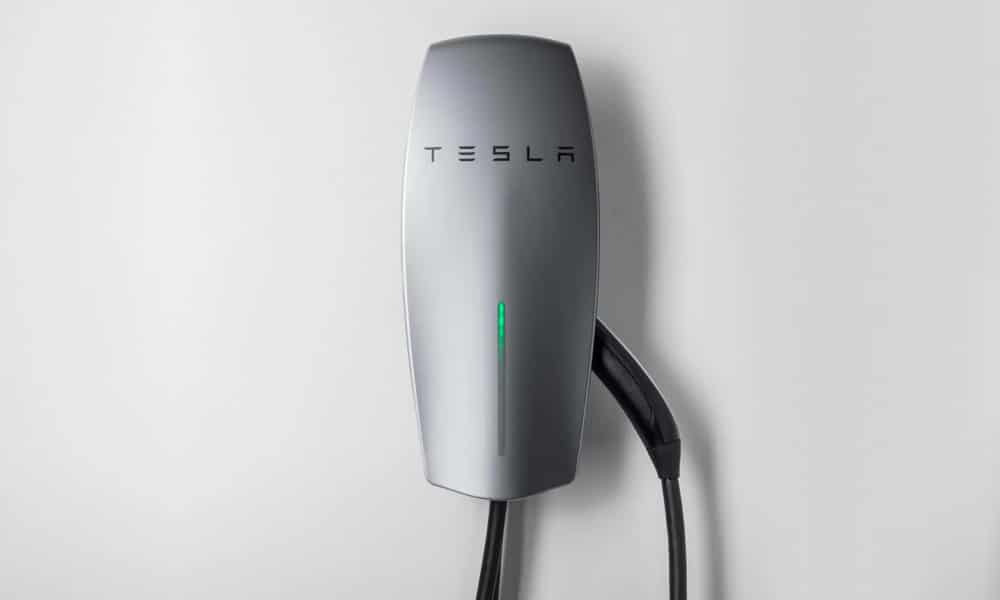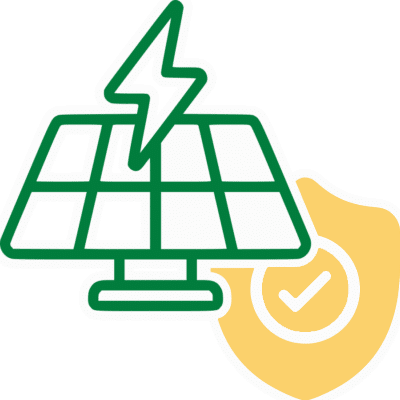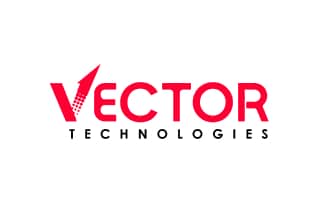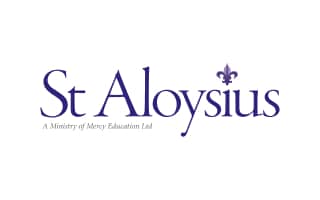
The patented technology used in our solar panels ensures maximised efficiency – even in low light – which means greater savings for our clients year round.

Research shows consumers are 100 times more likely to return a standard panel over a SunPower Panel, a testament to their quality.

The most comprehensive warranties available on the Australian market, with a full 40 Year Warranty and no hidden fine print.
Brands
Experience Seamless Charging Like Never Before with Advanced Tesla EV Chargers
Tesla electric vehicle (EV) chargers deliver unrivalled speed, convenience, and reliability, ensuring your electric vehicle is always ready for the road.
Whether you’re commuting or embarking on a long journey, your own charging ability offers you the freedom you need to go wherever you need to go. With Tesla’s advanced technology, you can achieve a full charge in no time, empowering you to explore with confidence.
Experience the convenience and eco-friendly advantages with a Tesla EV chargers that come with 12 month warranty.
Learn more about our innovative energy solutions:

What Are the Best Types of Tesla EV Chargers?
Tesla Superchargers
These high-powered chargers are specifically designed for Tesla vehicles, offering rapid charging speeds and convenience. Supercharger stations are strategically located along major highways and in key areas, allowing for efficient long-distance travel. For example, for a vehicle with a 60kWh battery, this amounts to approximately $35 to $42 for a full charge for a Tesla, $47.40 for a non-Tesla electric car without the subscription, and $39.60 with the subscription.
Tesla Destination Chargers
Found at hotels, restaurants, and other designated locations, these chargers provide overnight or extended charging options for Tesla owners. They offer a slower charging speed but are convenient for longer stays or when you’re exploring Adelaide’s attractions. Destination chargers are free to use by all Tesla drivers who are customers of the destinations where points are located.
Tesla Home Chargers
Ideal for residential use, these chargers can be installed in your home, providing convenient and efficient charging overnight. Tesla offers various home charging options, including wall connectors and mobile connectors, ensuring you have a suitable solution for your needs. A straightforward Supply and install from $1,250 to $5,000 and more for home Telsa EV charger.
How Much Does a Tesla EV Charger Cost?
The cost of a Tesla EV chargers can vary depending on the type and model of the charger you choose. Here are some general pricing guidelines:
Tesla Superchargers Cost
Supercharger usage typically incurs a per-kilowatt-hour (kWh) cost. The exact pricing may vary, but it is often competitive compared to local electricity rates. Tesla provides detailed pricing information on their website and through the Tesla mobile app.
Tesla Destination Chargers Cost
Destination chargers are usually provided by businesses and establishments for their customers’ convenience. In many cases, they offer free charging to Tesla owners, although some locations may charge a nominal fee or require a purchase or stay to access the chargers.
Tesla Home Chargers Cost
Tesla offers various home charging options, including the Wall Connector and Mobile Connector. The cost of these chargers ranges from a thousand to a few thousand dollars, depending on the model and installation requirements. Additionally, installation costs may vary based on the complexity of the electrical setup at your home.
Tesla EV Charger Benefits
✔ Fast Charging: Tesla Superchargers offer rapid charging speeds, allowing you to charge your Tesla vehicle quickly, especially during long-distance travel. This reduces downtime and enables you to get back on the road faster.
✔ Extensive Charging Network: Tesla has established a robust charging network in Adelaide, providing access to charging stations in key locations such as shopping centres, hotels, and public spaces. This network ensures convenient charging options are readily available wherever you go.
✔ Reliability: Tesla chargers are known for their reliability and high-quality construction. They are designed to withstand rigorous use and provide consistent performance, giving you peace of mind that your vehicle will be charged reliably.
✔ Seamless Integration: Tesla chargers are seamlessly integrated with Tesla vehicles, offering a user-friendly experience. Features like plug recognition, charging status updates, and payment integration make the charging process straightforward and hassle-free.
✔ Eco-Friendly Solution: By using Tesla EV chargers, you contribute to reducing carbon emissions and promoting a cleaner environment. Charging your vehicle with renewable energy sources further enhances the sustainability of electric transportation.
✔ Future-Proof Technology: Tesla continuously innovates its charging infrastructure, ensuring compatibility with new vehicle models and software updates. This future-proof approach means you can rely on your Tesla charger for years to come.
Tesla EV Charger Installation Process
The installation process for Tesla EV chargers in Adelaide typically involves the following steps:
Step One: Assess Electrical Capacity
Before installing a Tesla charger, it’s essential to determine if your electrical system has the capacity to support the charger. An electrician will evaluate your property’s electrical panel, circuitry, and capacity to ensure it can handle the charger’s power requirements.
Step Two: Choose Charger Type
Select the Tesla charger that best suits your needs, whether it’s the Wall Connector or Mobile Connector. Consider factors such as charging speed, installation location, and convenience.
Step Three: Obtain Necessary Permits
Depending on your local regulations, you may need to obtain permits for installing an EV charger. Check with your local authorities or consult with an electrician to understand any permit requirements in Adelaide.
Step Four: Hire a Licensed Electrician
Engage a licensed electrician experienced in EV charger installations. They will handle the electrical work, including any necessary upgrades to your electrical panel, wiring, and grounding.
Step Five: Install the Charger
The electrician will install the Tesla charger according to the manufacturer’s guidelines and local electrical codes. This typically involves mounting the charger on a wall or a designated location, connecting it to the electrical panel, and configuring the appropriate circuitry.
Step Six: Testing and Activation
Once the installation is complete, the electrician will test the charger to ensure it is functioning correctly and safely. They will also guide you on how to use the charger and activate it, including any necessary software or app setup.
If you think that purchasing EV chargers is the right thing for you, then the next step is to decide on the best brand. Get in touch with us by either calling us on (08) 7120 6377 or by filling out our fast free quote form.























































